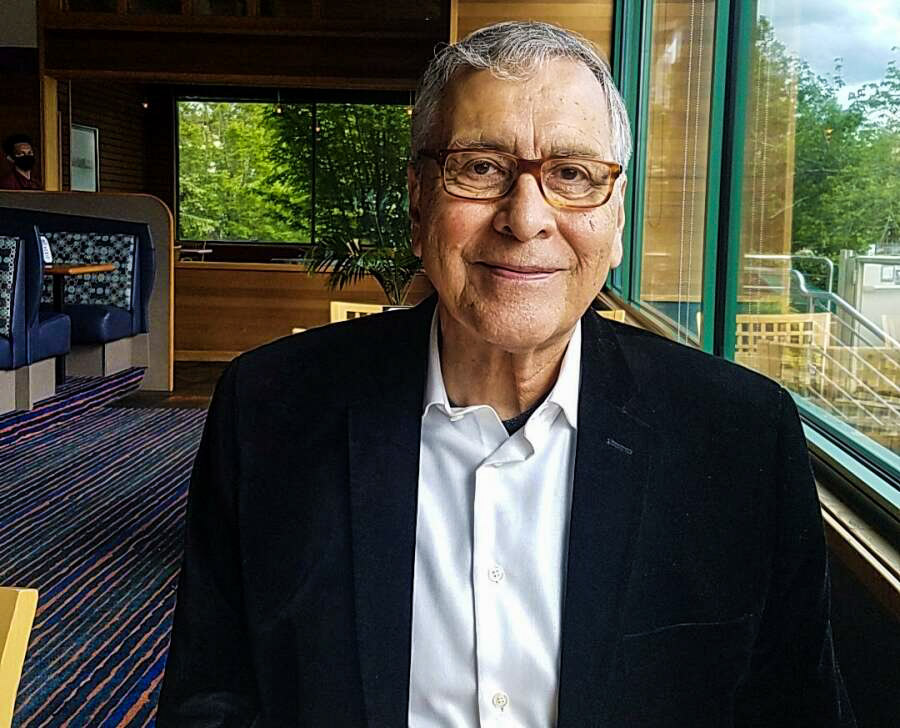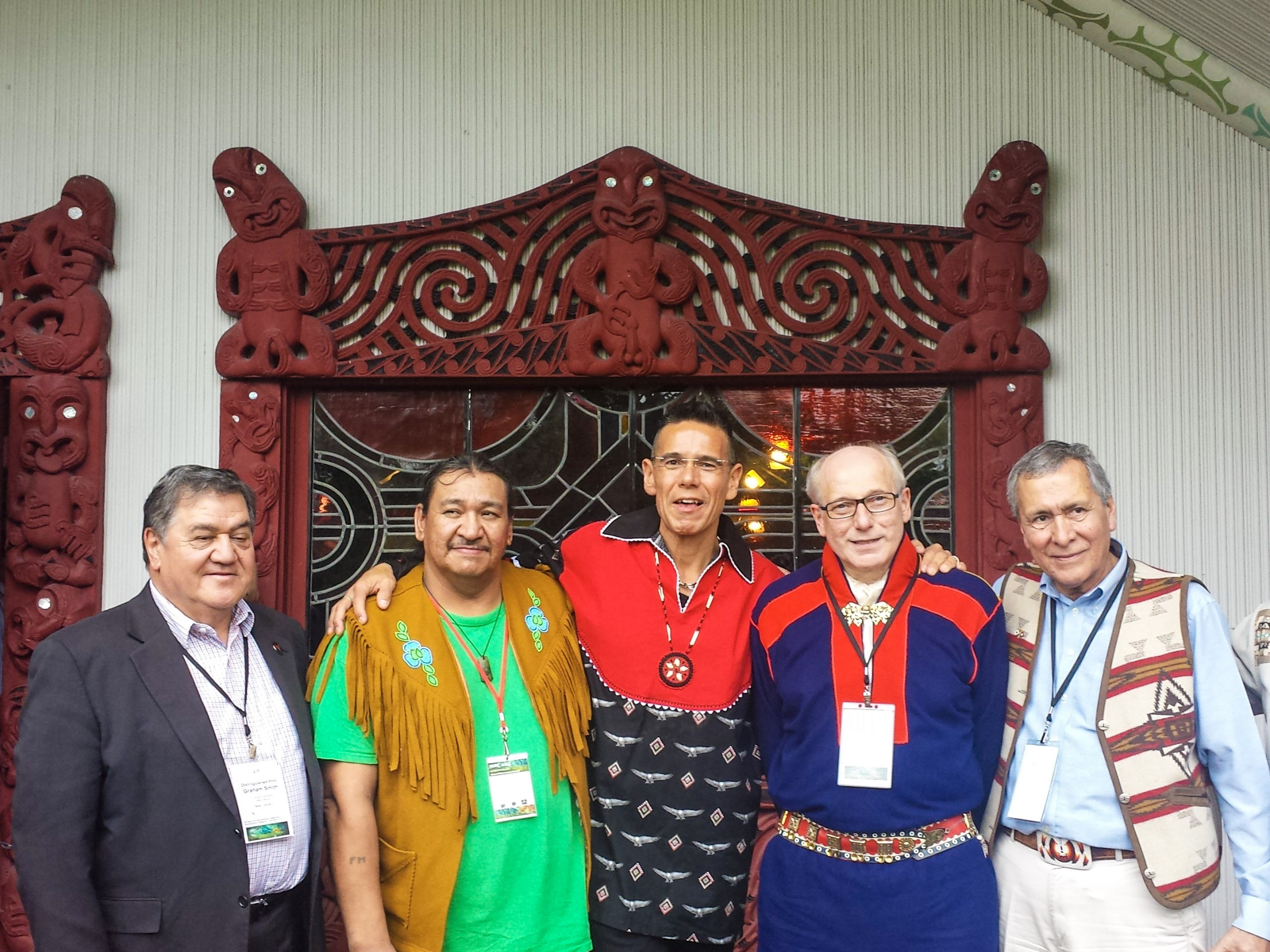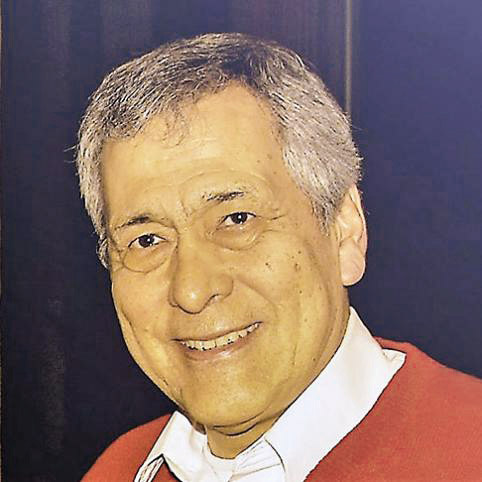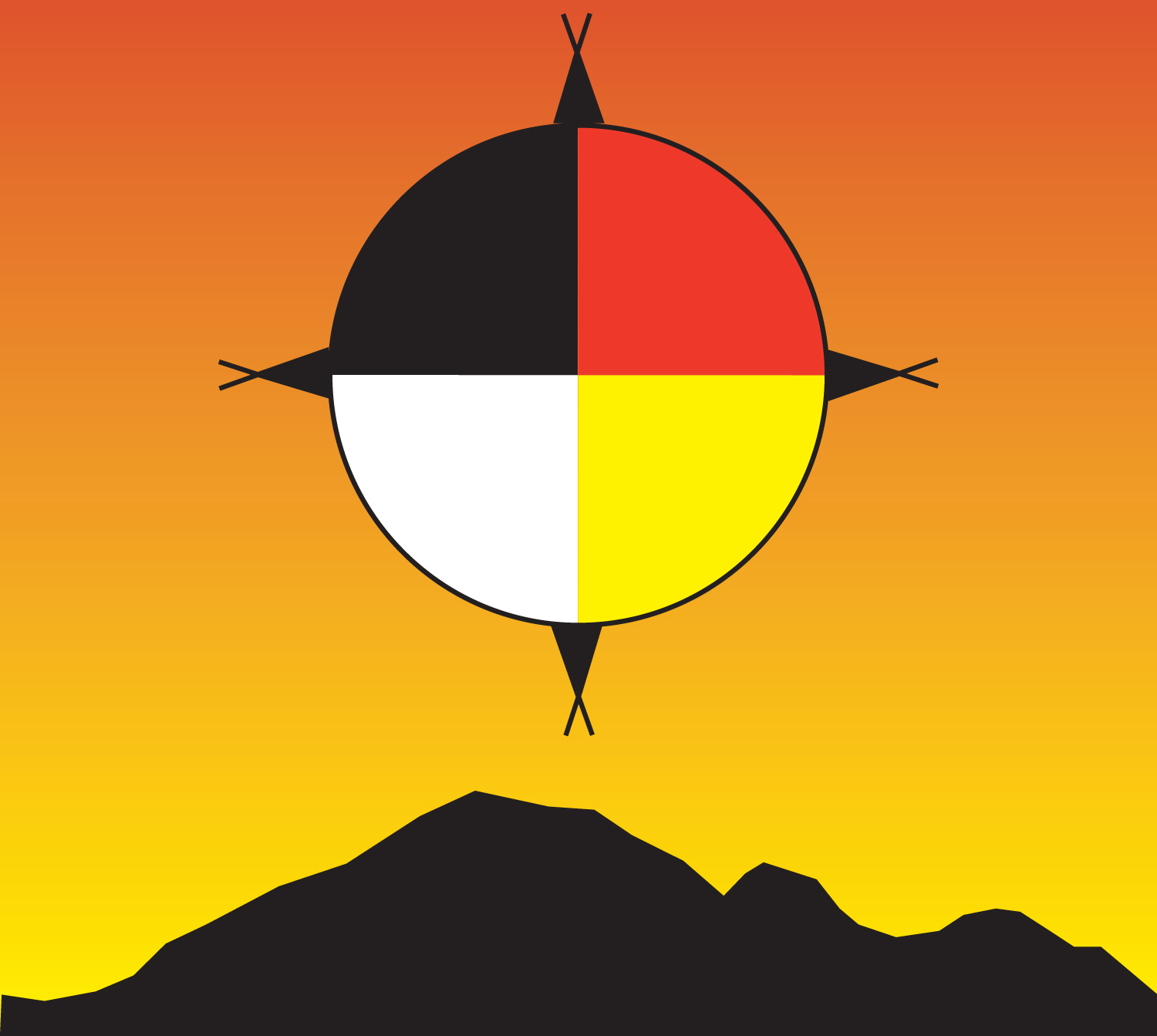Indianz.Com > News > Native Sun News Today: Indian Country loses a legend with passing of Alan Parker

Trying to make a difference
Alan Parker’s lasting impact on Indian Country.
Tuesday, August 30, 2022
Managing Editor, Native Sun News Today
It has been a couple of weeks since Alan R. Parker lost his long battle with cancer.
An enrolled member of the Chippewa Cree Nation, Parker received a Juris Doctor degree from UCLA in 1972, and was at the forefront of political advocacy for all things tribal for many decades thereafter. Given the fixation this culture has with celebrity and imagery, a principled, skilled, savvy professional like Parker never had much place in the fickle public eye. But his life was a microcosm of a generation of unselfish men of vision, who came out of a 1969 Indian Pre-Law Program at the University of New Mexico (UNM), and did the tough, nuts-and-bolts work over the next half century that bettered the lives of many tribal people.
Bradley Shreve, best summed up Parker’s place in history in his 2018 review of Parker’s memoir: Pathways to Indigenous Nation Sovereignty: “While historians and the public alike often fix their attention on the bombast of the Red Power movement and the larger than life personalities that animated organizations such as AIM…it was really a cadre of Native lawyers and policy technocrats working through established political channels who deserve the greatest credit for the expansion of tribal sovereignty and self-determination in the late 20th century.”

NATIVE SUN NEWS TODAY
Support Native media!
Read the rest of the story on Native Sun News Today: Trying to make a difference
Contact James Giago Davies at skindiesel@msn.com
Note: Copyright permission Native Sun News Today
Search
Filed Under
Tags
More Headlines
Chuck Hoskin: Cherokee Nation helps heal our communities
Native America Calling: Native skin cancer study prompts new concerns about risk
South Dakota Searchlight: Trump terminations hit Indian Arts and Crafts Board
Native America Calling: Regional improvement in suicide statistics is hopeful sign
List of Indian Country leases marked for termination by DOGE
‘Let’s get ’em all done’: Senate committee moves quickly on Indian Country legislation
AUDIO: Senate Committee on Indian Affairs Business Meeting to consider several bills
VIDEO: Senate Committee on Indian Affairs Business Meeting to consider several bills
Native America Calling: The ongoing push for MMIP action and awareness
‘Blindsided’: Indian Country takes another hit in government efficiency push
Native America Calling: A new wave of resistance against Trans Native relatives
Urban Indian health leaders attend President Trump’s first address to Congress
‘Mr. Secretary, Why are you silent?’: Interior Department cuts impact Indian Country
Cronkite News: Two Spirit Powwow brings community together for celebration
Native America Calling: Native shows and Native content to watch
More Headlines
Native America Calling: Native skin cancer study prompts new concerns about risk
South Dakota Searchlight: Trump terminations hit Indian Arts and Crafts Board
Native America Calling: Regional improvement in suicide statistics is hopeful sign
List of Indian Country leases marked for termination by DOGE
‘Let’s get ’em all done’: Senate committee moves quickly on Indian Country legislation
AUDIO: Senate Committee on Indian Affairs Business Meeting to consider several bills
VIDEO: Senate Committee on Indian Affairs Business Meeting to consider several bills
Native America Calling: The ongoing push for MMIP action and awareness
‘Blindsided’: Indian Country takes another hit in government efficiency push
Native America Calling: A new wave of resistance against Trans Native relatives
Urban Indian health leaders attend President Trump’s first address to Congress
‘Mr. Secretary, Why are you silent?’: Interior Department cuts impact Indian Country
Cronkite News: Two Spirit Powwow brings community together for celebration
Native America Calling: Native shows and Native content to watch
More Headlines

